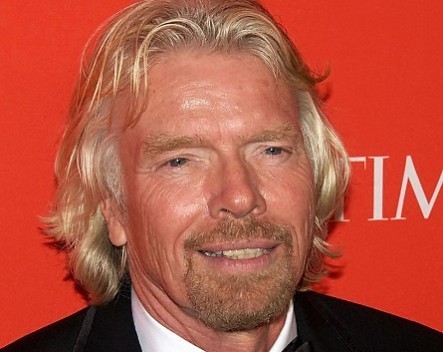Richard Branson’s three key lessons from his own startup failures – StartupSmart

Despite being one of the most successful and well-known entrepreneurs in the world, Richard Branson says the most important things he has learned have come from his own failings.
In a revealing blog post, Branson details three keys things that he took away from failed attempt and how they can apply to your startup.
“I’d like to shine a light on how embracing failure is crucial for driving a business forward,” Branson writes.
Never underestimate the competition
Branson recalls when he first expanded the Virgin brand from the music industry to the airline world.
“We did so with a dream to disrupt the market and offer travellers a better product and service than what was currently on offer,” he says.
But things didn’t go entirely to plan, with the team underestimating the level of competition from other airlines.
“Despite our enthusiasm and desire to make a real difference, we realised very quickly that we were total novices, facing very large and established competitors,” Branson says.
“We faced so many dark days that it would have been easier to quit than to go on. We didn’t quit – instead we held our head high, took on new and innovative approaches to marketing and doing business and learned to never, ever, underestimate the competition.”
READ MORE: What today’s entrepreneurs can learn from Richard Branson
You have to give something meaningful
In the early 1990s Branson launched Virgin Cola to take on the likes of Coca-Cola, but now he says it failed because it wasn’t offering anything different or meaningful.
“The main reason Virgin Cola failed was we didn’t follow our own rules: at Virgin, we only enter industries when we think we can offer consumers something strikingly different, but there wasn’t really an opportunity to do that in the soft drinks sector,” he writes.
But his airlines venture was able to capitalise on this opportunity.
“Virgin Atlantic was able to preserve and flourish, despite immense competition, because the airline filled a gap in the market by providing customers with something of great use that made a real different to their lives,” Branson says.
You have to have a well-defined purpose for your startup
Branson also tried to take on the cars industry but misjudged the future trends.
“We neglected to realise that the biggest potential for disruption in the automotive industry had nothing to do with the process of selling cars, but rather with how cars were powered,” he says.
“We did not see that the future would be about sustainability – and that the best opportunities would be found in the development of electric cars and clean fuels.
“In the modern world, there can be no profit without a well-defined purpose.”

